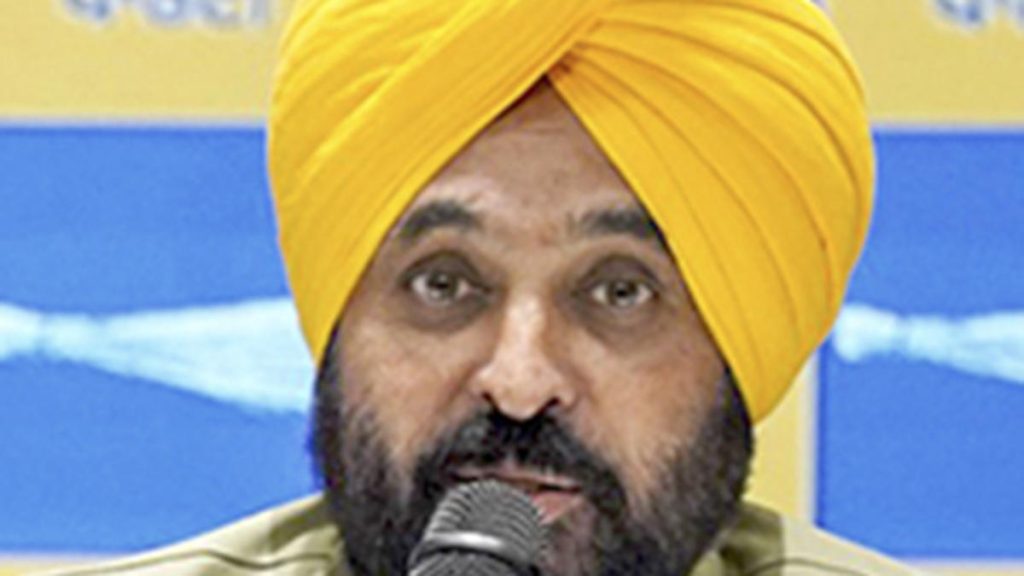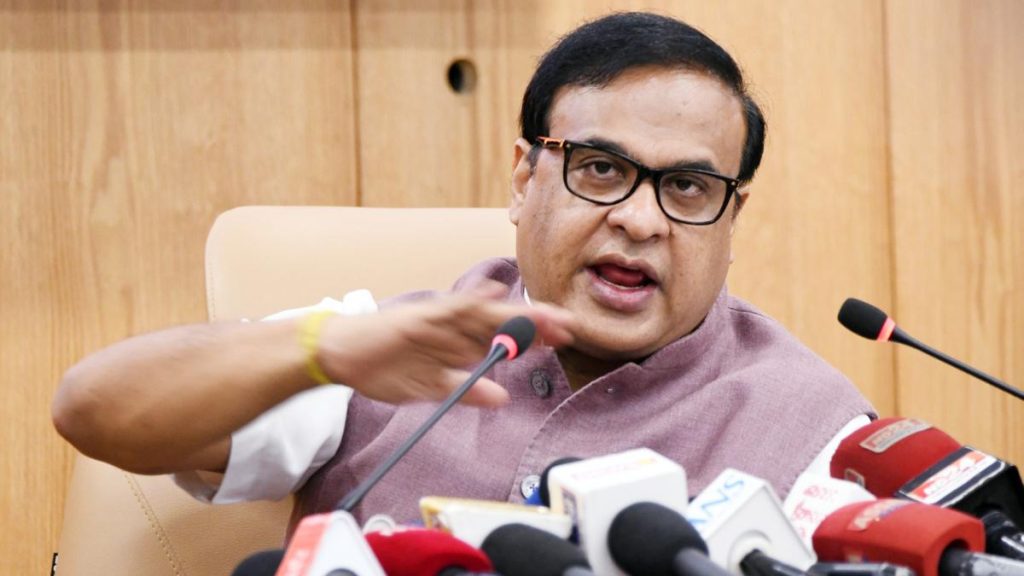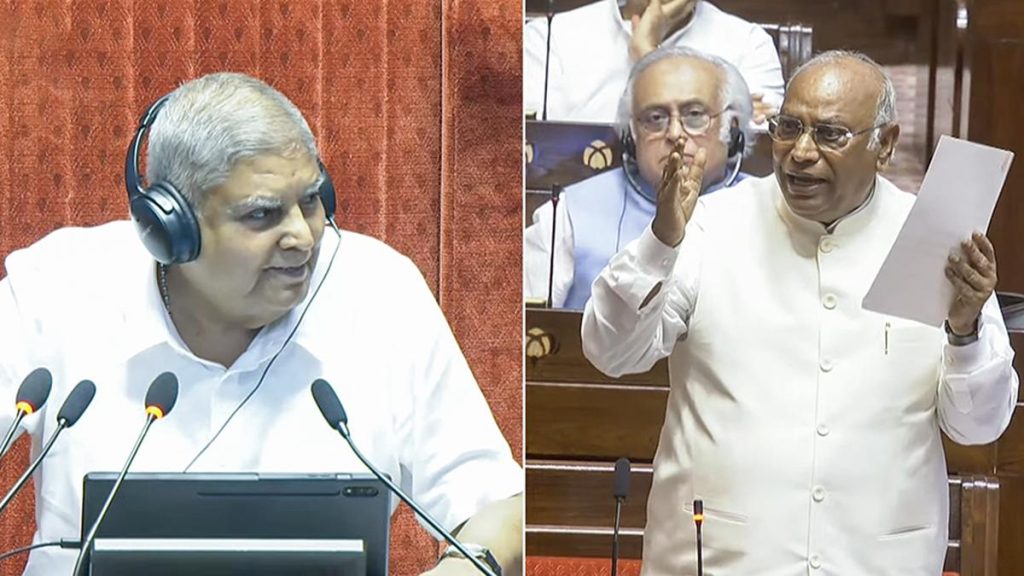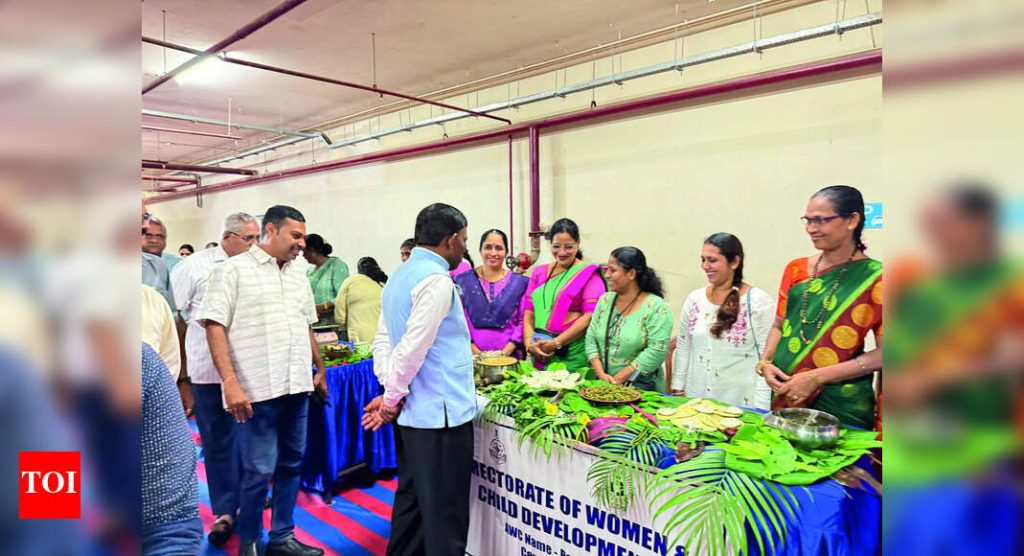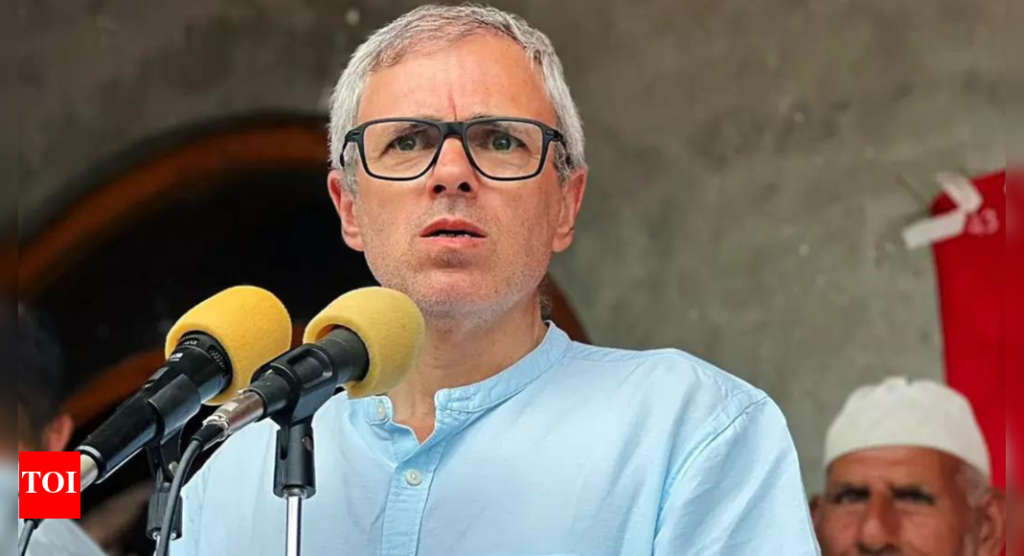Now Reading: Kamal Haasan Stands Firm on Tamil-Kannada Remark: ‘Let the People Decide
-
01
Kamal Haasan Stands Firm on Tamil-Kannada Remark: ‘Let the People Decide
Kamal Haasan Stands Firm on Tamil-Kannada Remark: ‘Let the People Decide

Swift Summary
- Actor Kamal Haasan’s Remarks: Kamal Haasan stated, “Tamil gave birth to Kannada,” at the audio launch of his upcoming film thug Life in Chennai. He claimed the remarks were made out of love and said, “love will never apologise.”
- Backlash in Karnataka: His statement caused protests from pro-Kannada groups, who accused him of disrespecting Kannada’s long history. Posters were burnt in various regions like Belagavi, Mysuru, Hubballi, and Bengaluru.
- Political Reactions: The Karnataka BJP demanded an apology for “disrespecting” the language while Congress leaders responded by criticizing his lack of awareness about Kannada’s meaning.
- Potential Film Ban: The Karnataka Film Chamber is holding discussions on possibly banning Haasan’s upcoming movie release in the state.
- Police Complaint Filed: Pro-kannada organization Karnataka Rakshana Vedike lodged a complaint with Bengaluru police against Haasan over his remarks.
- Haasan’s Defense: The actor emphasized that his comments stemmed from historical knowledge and expressed openness toward linguistic debate being handled by historians, archaeologists, and experts rather than politicians.
Indian Opinion Analysis
Kamal Haasan’s comments reflect longstanding debates surrounding linguistic pride and historical interpretations in India. While each regional language boasts its intrinsic cultural richness and historical significance, such remarks frequently enough ignite sensitivities among communities deeply attached to their linguistic identity.This controversy highlights potential pitfalls when discussing complex topics related to language origins without accounting for broader perspectives. It underscores the need for careful communication on cultural matters where emotional responses can quickly escalate into polarization or disruptions-as evidenced by threats against Haasan’s film screenings.
The swift backlash indicates underlying tensions regarding perceived cultural hierarchies among southern states that should be approached with understanding rather than provocation.Moving forward, fostering dialogues rooted in academic inquiry instead of politicized narratives may help reduce friction on sensitive issues surrounding Indian languages.
For more details: Read More



